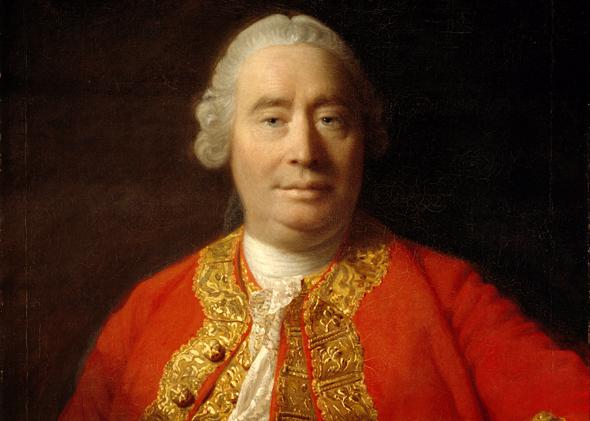How much control do you have over how much control you think you have? The researchers Michael R. Ent and Roy F. Baumeister have been studying what makes a person more or less likely to believe in free will. Is it a deep connection to the philosophy of David Hume? An abiding faith in divine omnipotence?
Try a really, really full bladder. In an online survey, 81 adults ages 18 to 70 reported the extent to which they felt hungry, tired, desirous of sex, and desirous of a toilet. They then rated the extent to which they considered themselves in command of their destinies. People experiencing intense physical needs were less likely to say they believed in free will. People who were not inexplicably taking an online survey while desperately holding in their pee (or starving, or wanting sex, or trying to stay awake) mostly claimed that the universe had handed them the keys to their lives. Also, people who brought their laptops with them into the bathroom to fill out the survey reported that they were God. (I kid on that last part.)
Ent and Baumeister also used a survey to take the free will temperature of 23 people with panic disorder, 16 people with epilepsy, and 35 healthy controls. Those suffering from the two conditions—both of which can unpredictably plunge the mind into chaos—tended to put less stock in the notion of mental autonomy.
There was a third experiment, too. I said earlier that people not taking an online survey while jonesing for various creature comforts mostly claimed that they wore the metaphysical pants. However, despite robust results for horniness, fatigue, and needing-to-go-ness, Ent and Baumeister didn’t initially see much correlation between people’s philosophical visions and their hunger levels. So they re-administered the survey to 112 new volunteers, some of whom were dieting and some of whom were not. This time, the researchers analyzed dieters’ results separately from non-dieters’—and discovered that, while non-dieters’ beliefs in free will decreased the hungrier they were, those of dieters increased. Apparently, as the second group willed themselves to resist food despite their hankerings, they found new power and meaning in the idea of self-determination. Hungry non-dieters had no reason to deny themselves, so they weren’t confronted with the steely operations of their own resolve.
Ent and Baumeister’s study, now out in the journal Consciousness and Cognition, suggests that humans are more than brains on a plate, that our bodies profoundly shape the ways we think and act. It supports a theory called embodied cognition, which—despite the prevailing dualist image of people as computers wrapped in meat—posits that even our most abstract thoughts could not happen without concrete experience. Embodied cognition explains why we often understand affection as warmth, or love as a journey, or importance as physical weight. It could even explain my own, personal visualization of the will—“so free it can never be constrained,” according to Descartes—as a stream. An unstoppable golden spritz. Arcing, insistent. Philosophy is a beautiful thing.
